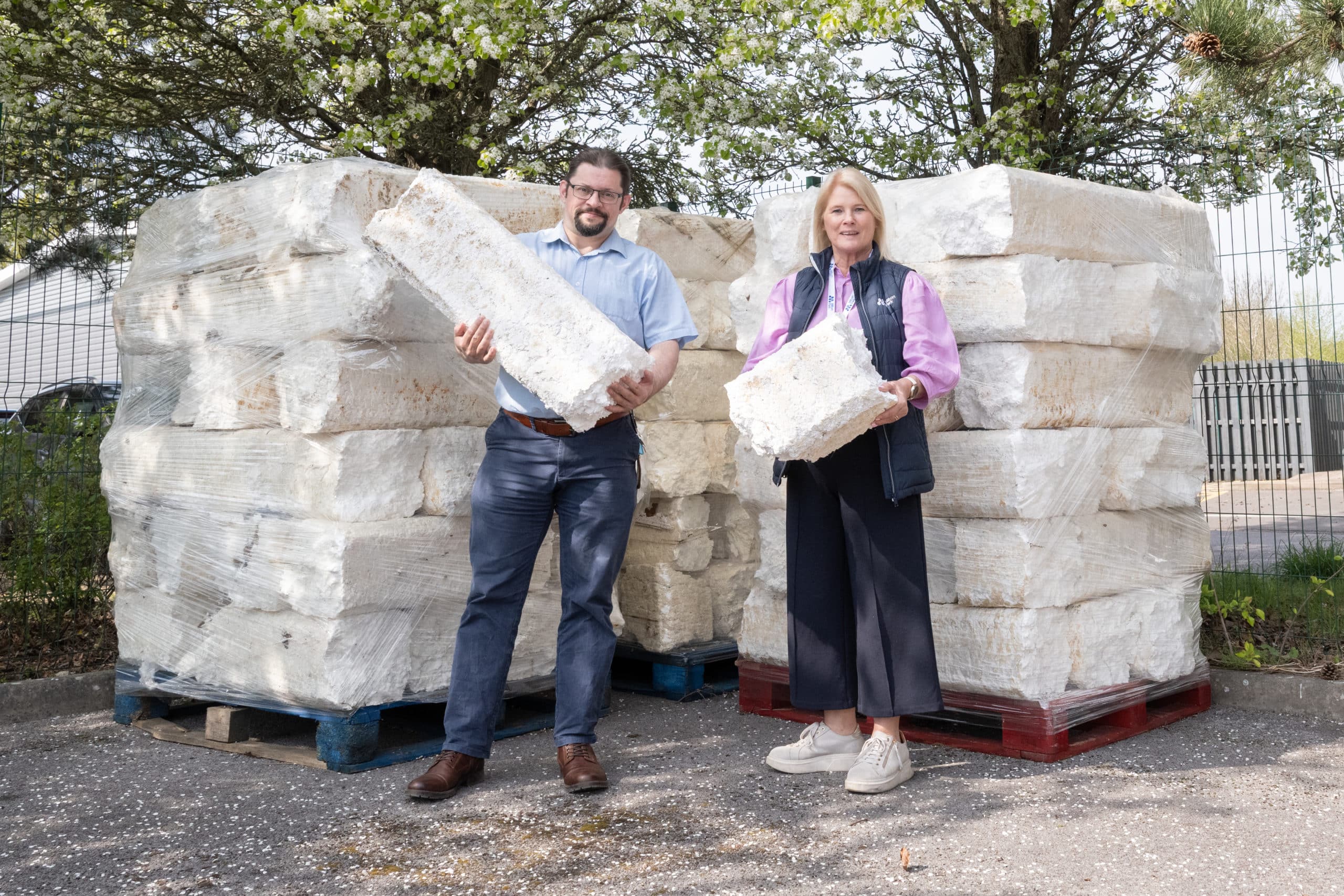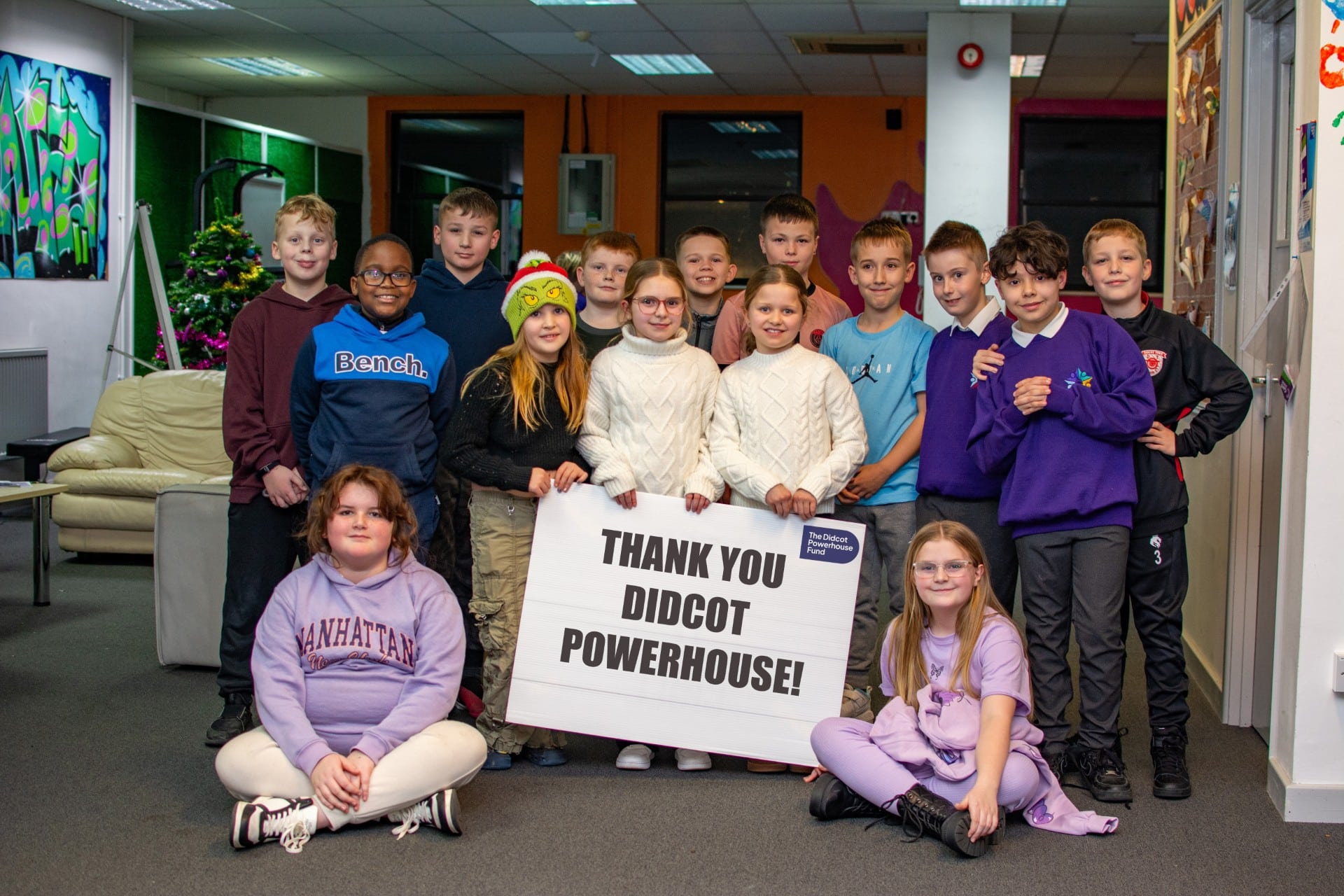The future of workspace
Published on 3 April 2025

The pandemic’s impact on work
The pandemic’s stay at home orders forced a rapid shift to remote work. While many appreciated the flexibility and reduced commute times, others struggled with isolation and blurring of boundaries between work and personal life.
Naturally, people working in laboratories cannot work from home so the 800,000sq ft of lab space here continued to operate throughout lockdown. Companies nationwide played a vital role and we feel humble that those at Milton Park went above and beyond during these unprecedented times.
Systems Biology Laboratory established a network for coronavirus testing, processing 650 tests weekly while Oxford Optronix produced 2,000 oxygen monitors in eight days. Johnson Matthey donated oxygen tanks and 3D-printed PPE parts. South Central Fleet Services ensured the maintenance of the ambulance fleet and the Crowcon team manufactured 30 portable O2 detectors to reduce combustion risks in ventilators.
Milton Park also hosted a Covid-19 Mobile Testing Unit (MTU). The tremendous MTU staff helped to carry out 22,832 tests at Milton Park across the 166 days from February 2021, testing those experiencing coronavirus symptoms.
These efforts highlight the community’s dedication to supporting healthcare during the crisis. Glyden Pharma (formally Emergex) and NeoVac are now subsequently working on Covid treatments.
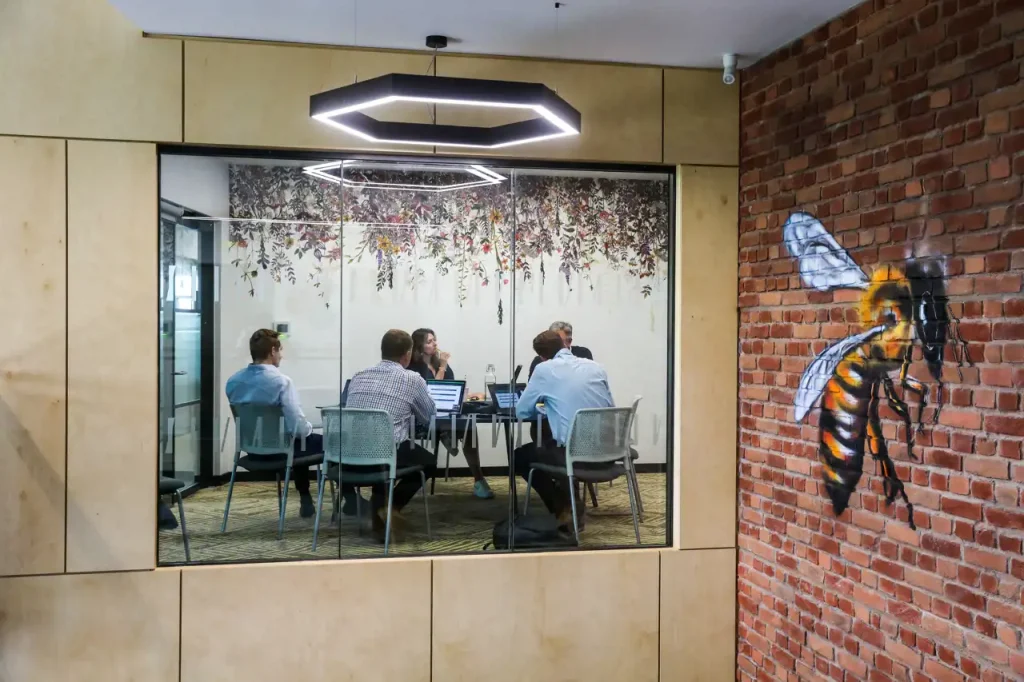
Promoting collaboration and innovation
According to Forbes, as of late 2024, 13% of UK employees work exclusively from home, while 27% follow a hybrid model, a blend of remote and in-office work. The future of workplace is about creating environments that support productivity, collaboration and wellbeing.
While remote work can be productive for individual tasks, in-person interactions are essential for generating ideas, problem-solving and building strong team dynamics.
Working in a professional environment improves communication, promotes professional development, allowing easier access to mentors and senior colleagues and helps strengthen company culture.
The ‘Future Lab’ report by architects NBBJ and the New York Academy of Sciences states that 82% in the survey said that being close to colleagues was important and 66% said that the ability to connect with other scientists outside their company was another important priority.
Milton Park has 15 meeting rooms available to hire, providing the perfect setting for team meetings, client presentations and collective projects. Our meeting rooms are equipped with state-of-the-art technology, ensuring seamless communication and connectivity. Whether you need a small room for an interview or a larger space for a company workshop, we have the flexibility for meetings and conferences of up to 145 delegates.
Employees also benefit from Milton Park’s calendar of events to promote collaboration between companies, green space and sustainable transport links, as well as community initiatives such as the Explore schools engagement programme and Didcot Powerhouse Fund.
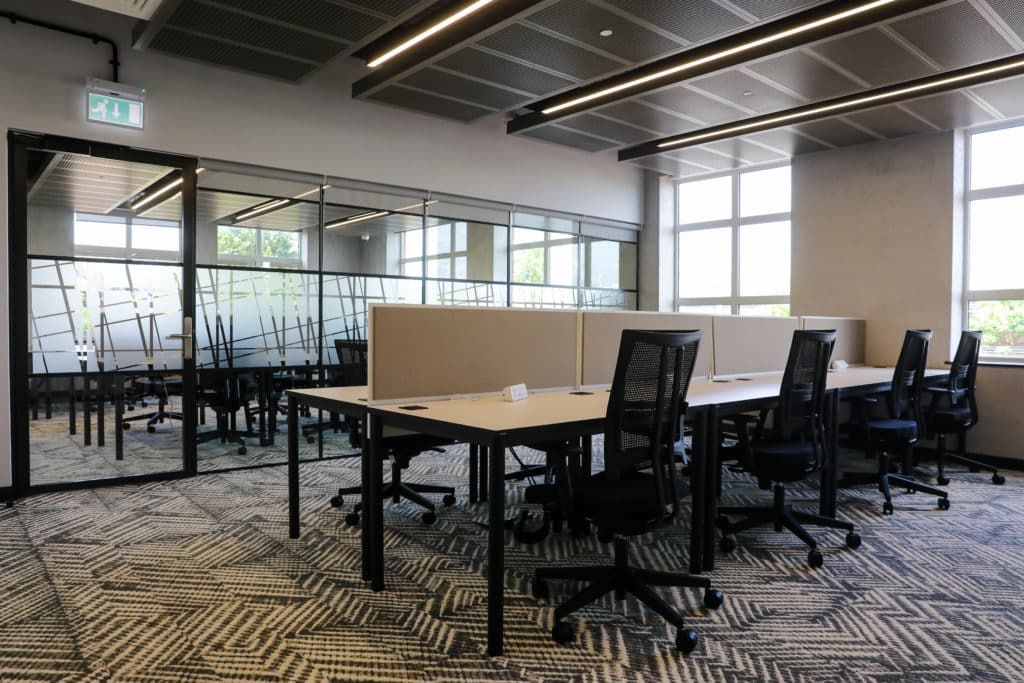
Providing flexibility
Companies are now more decisive about their workspace requirements and the demand for flexible commercial space is on the rise.
In fact, some businesses who made an early call to downsize are now revisiting those decisions and looking for solutions that can accommodate changing team sizes and work patterns.
At Milton Park, we understand the importance of creating a work environment that supports these needs. Our co-working space at the Bee House provides flexible membership options, whether you need a desk for a day, a dedicated office or something in between.
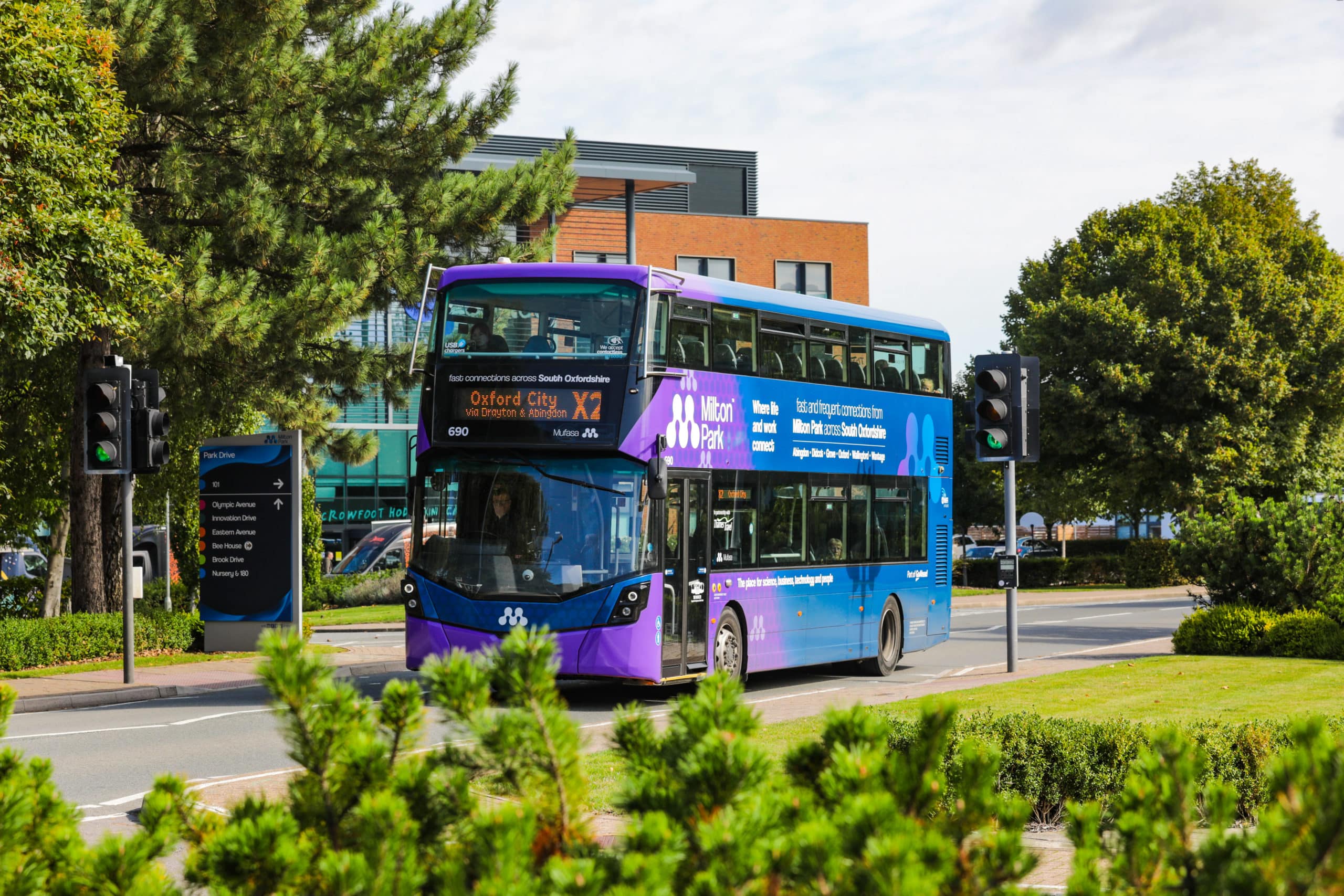
Green transport
Since the pandemic, Milton Park has increased those travelling by bus by 18%. When it comes to green travel, over half of Milton Park occupiers commuted sustainably in 2023.
Employees benefit from free bike and ebike hire, a secure car share scheme, subsidised £20 annual bus pass and EV charging points.
For quick links to Oxford, the direct bus service runs twice an hour. Didcot Parkway train station is just five minutes from the Park and trains to London Paddington only take 37 minutes.
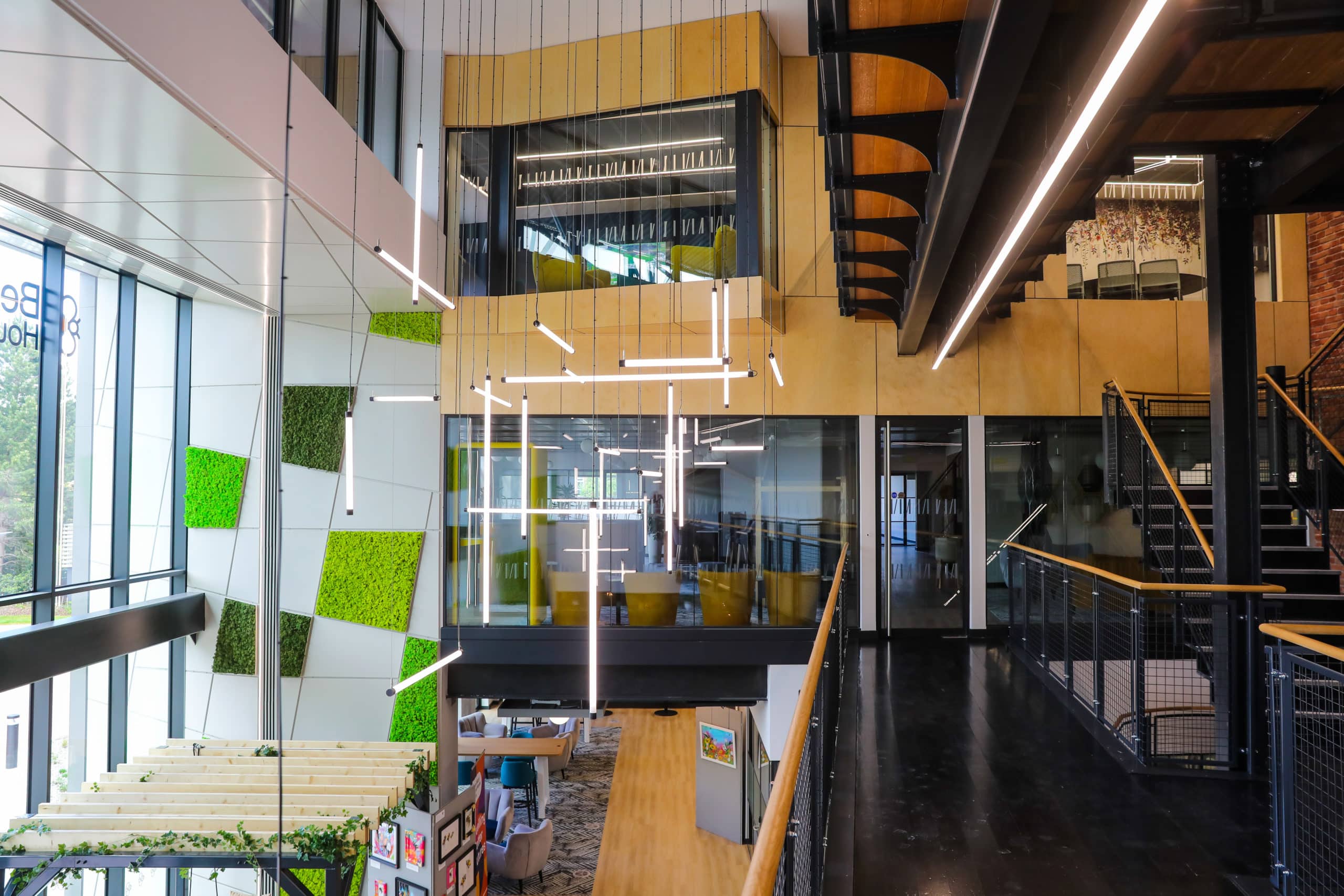
Transforming workspaces
Another trend we have noticed is creative fitouts, reconfiguring workspaces to support flexible working and a focus on attracting talent.
Office space is being designed for collaborative working, with an open-plan layout alongside enhanced facilities, including a state-of-the-art kitchen and flexible work pods.
Milton Park’s scale and single ownership enables us to support organisations whatever their size or stage of growth. With options for short-term leases, customisable office and lab layouts, we provide greater flexibility and agility to scale up.
For companies with larger requirements, we can work with occupiers to design, build and lease new developments from scratch. The Park’s Local Development Order simplifies the planning process into a 10-day notification period so that your new building’s construction can start quickly.
Investing in our own electrical infrastructure also provides enhanced power supply for R&D uses and future developments.
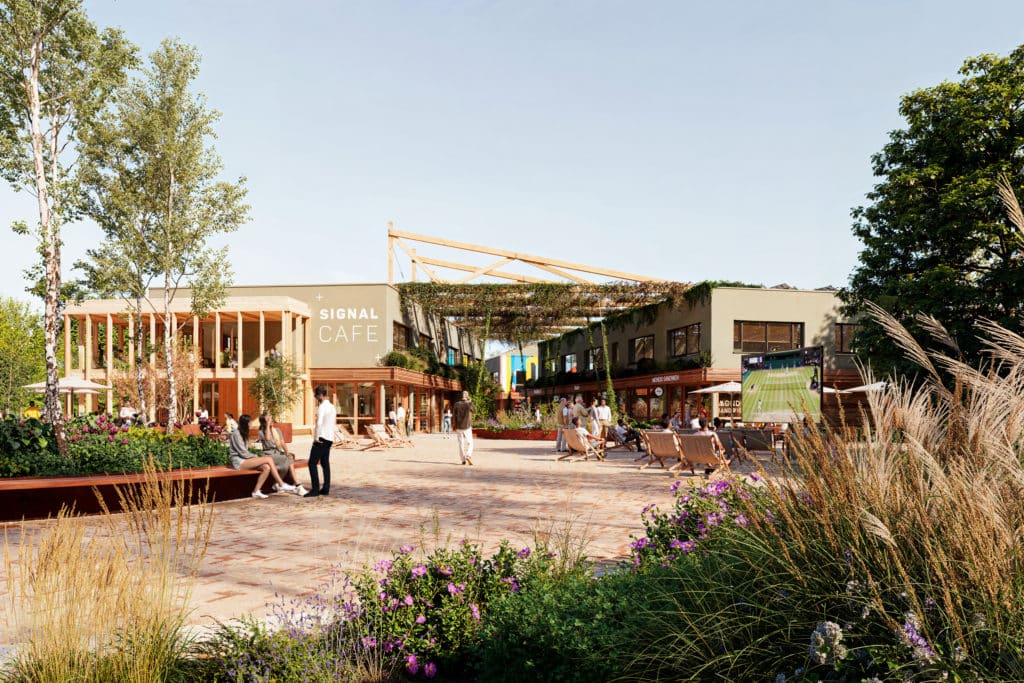
Appealing amenities
To attract employees back to the workplace, amenities play a pivotal role.
We’re dedicated to delivering a high-quality environment at Milton Park and want to ensure those working here can access the facilities they need during the working day.
Signal Yard will bring 18 state-of-the-art units offering a vibrant mix of food, drinks, retail services and an outdoor events space, transforming the working environment.
This in turn has a positive effect for companies working here, improving the wellbeing and productivity of employees and assisting in attracting and retaining top talent.
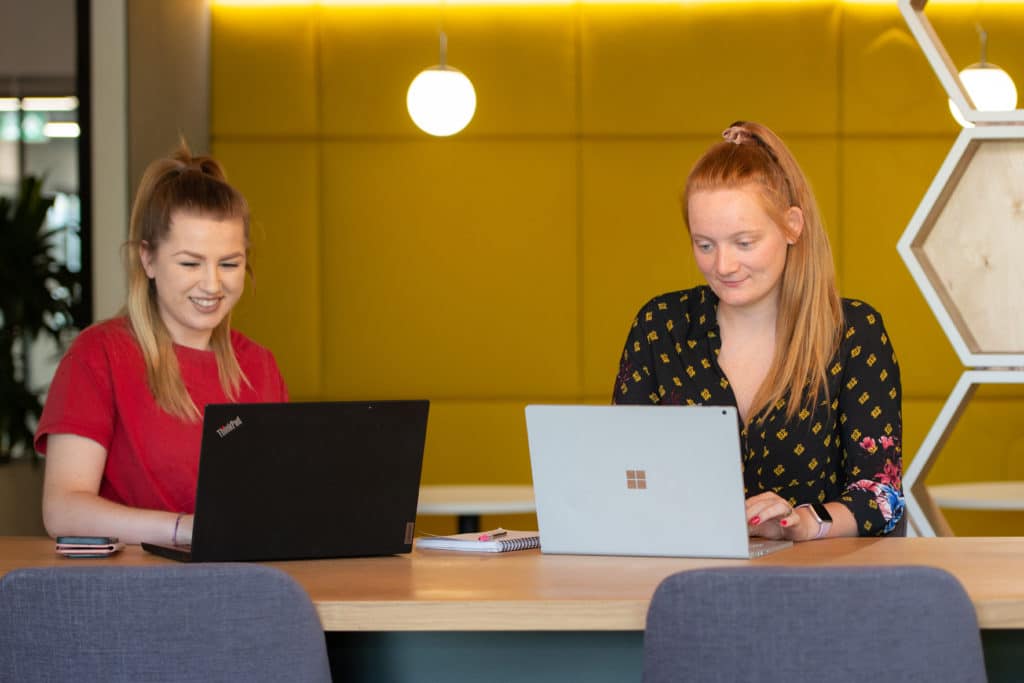
Be part of a community
Milton Park is committed to providing the spaces and services that enable our community to succeed, inspiring innovation and collaboration.

